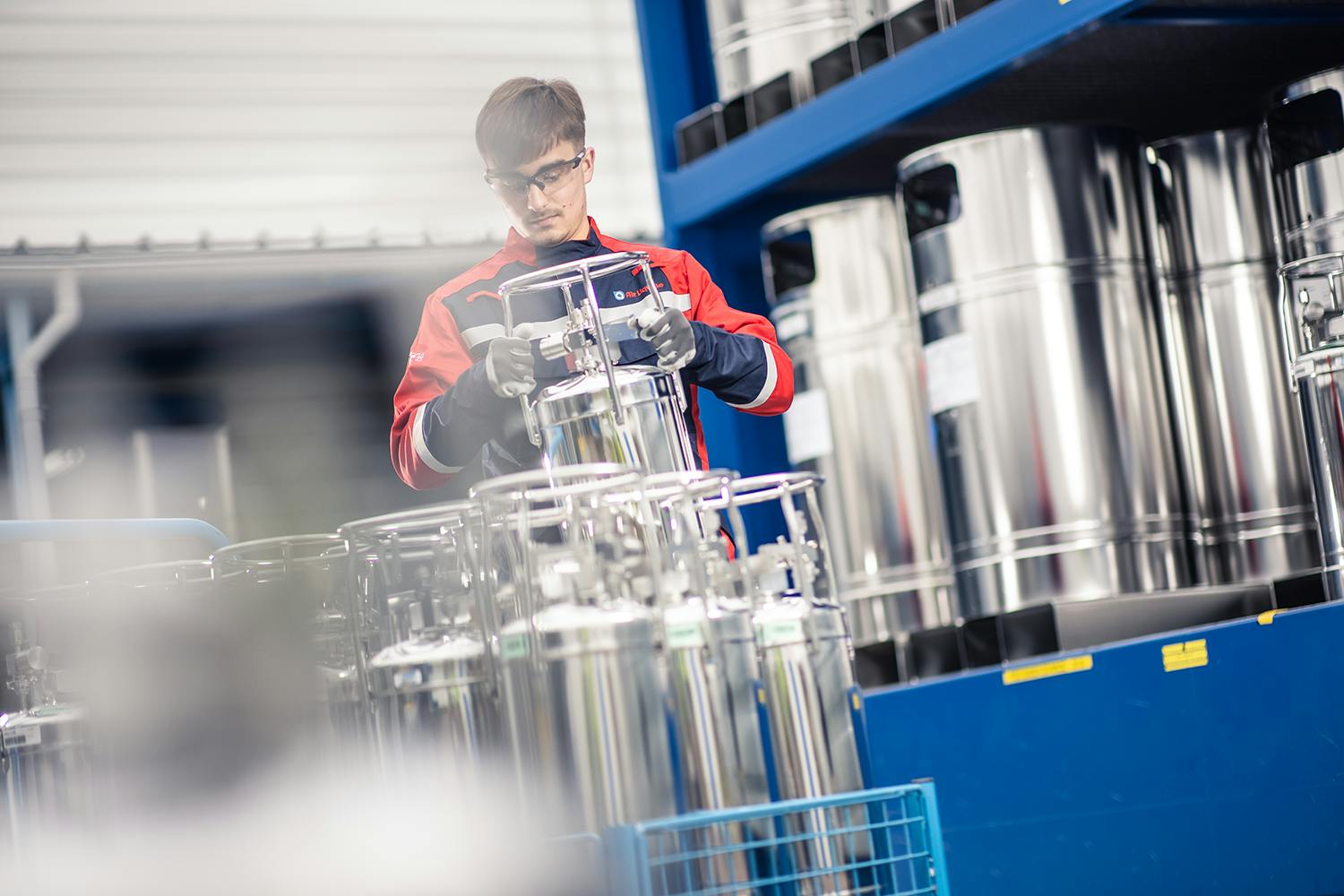
B.P.: Our impact is at the heart of our deliberations and decision-making processes at all levels of the company. Sustainable development is one of the key priorities of our ADVANCE plan and the work of our Board of Directors, which is knowledgeable about this topic and includes an Environment and Society Committee which closely monitors our objectives and our undertakings. Our commitment to sustainability reflects our desire to create a positive impact. We have committed to a 33% reduction in our CO2 emissions 1 by 2035 through low-carbon hydrogen, CO2 capture and the electrification of industrial processes. This trajectory is integrated into our investment decisions and the environmental impact of our projects is given careful and exacting consideration. The social aspects (safety, social coverage, diversity) on which we have made progress are also monitored by the Board. We are mindful that our impact also relates to our governance. Our governance must be exemplary and I want to commend the efforts and commitment of our Directors in this regard.
What are the main challenges in the short term?
B.P.: We must adapt to numerous changes, geopolitical tensions, the rise of artificial intelligence and the acceleration of economic cycles. We must become more agile while remaining attentive to emerging trends and weak signals from our various markets to ensure that we can anticipate these transformations. I have the utmost confidence in our values, which serve both as the cornerstones of our business model and as a frame of reference; they must help us move forward and consolidate our position. This is particularly important, given the increasingly urgent need for companies to transform: the transition to a carbon-neutral economy by 2050 starts now. This will involve accelerating our partnerships and the joint development of solutions with industrial and institutional partners, because these challenges are complex and go far beyond the scope of individual companies and countries. Major challenges such as the transport and storage of CO2, access to renewable energy and the development of low-carbon hydrogen infrastructure require a collective and coordinated approach. To achieve this, there will need to be a simplified regulatory framework that is tailored to the competitive environment of the future. A pragmatic and flexible approach will facilitate the rapid and efficient development of these new ecosystems: this will be one of the challenges facing our industries, particularly in Europe.
What are the priorities in response to these challenges?
F.J.: Firstly, we must continue to develop solutions that address the world’s challenges and create value – that’s the strength and the hallmark of our business model, which has proven itself time and time again. We are also going to enhance our competitiveness by continuing the Group’s transformation to achieve improved performance that benefits our customers and patients. We remain firmly committed to the energy transition, despite the changing views of some political and economic stakeholders. This commitment is reflected in our continued efforts to reduce our carbon emissions and support our customers as they work towards decarbonization. Similarly, we continue to focus on healthcare and semiconductors, two strategic sectors with real promise as we prepare for the future.
To put it another way, our priority is to show that, day after day, we are a productive and useful company that is worthy of the trust put in us by all our stakeholders. We will do this by creating value for our employees, customers, patients and shareholders, while striving to make a useful contribution to our world.
- 1 Scopes 1 and 2 absolute emissions.
